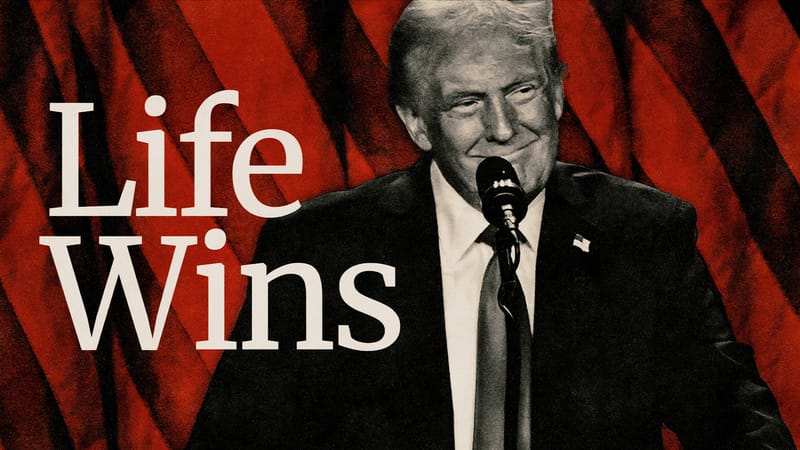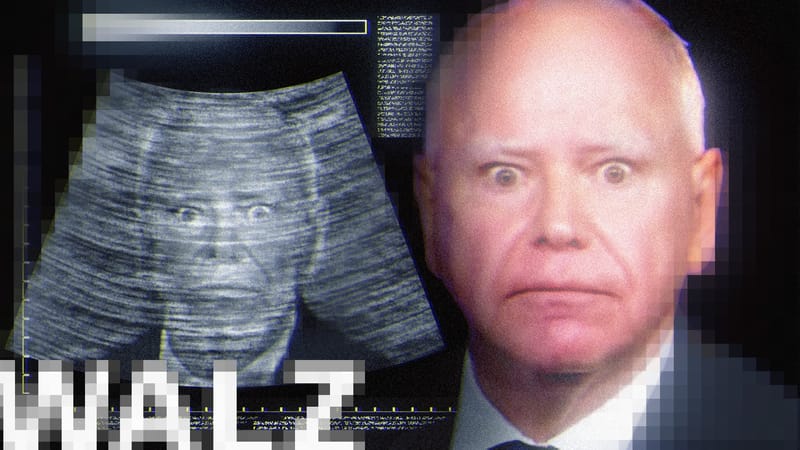The Impact of Chevron's Demise on Pro-Life Advocacy
Critics have long argued that this deference grants too much authority to unelected bureaucrats.
The recent overturning of the Chevron deference by the Supreme Court has taken many by surprise, including leaders throughout the pro-life movement. This decision holds significant implications for pro-life groups advocating against abortion.
Chevron deference is a legal principle that compels courts to defer to a federal agency's interpretation of ambiguous laws. Established in the 1984 Supreme Court case Chevron U.S.A., Inc. v. Natural Resources Defense Council, Inc., this consequential legal doctrine has enabled agencies to wield considerable power in interpreting and enforcing federal laws.
Critics have long argued that this deference grants too much authority to unelected bureaucrats.
The Supreme Court's recent decision to overturn the Chevron deference marks a significant shift in judicial approach. By reducing the power of federal agencies to unilaterally interpret ambiguous statutes, the Court is effectively returning interpretive authority to the judiciary. This change is anticipated to have broad implications, particularly in areas where federal agencies have been deeply involved, such as reproductive rights and health regulations.
For pro-life groups, the overturning of Chevron deference is a potential game-changer. The removal of Chevron deference curtails the ability of federal agencies like the Department of Health and Human Services (HHS) to interpret laws in ways that expand abortion access. Pro-life advocates have long been critical of what they perceive as regulatory overreach by federal agencies. Without Chevron deference, agencies may face more judicial scrutiny, making it harder for them to implement policies that pro-life groups oppose.
The decision empowers states to have a greater say in interpreting and enforcing abortion laws. Many states with pro-life legislatures and governors are likely to take advantage of this shift, passing more restrictive abortion laws without the fear of federal agencies overturning them through broad interpretations of federal statutes.
The judicial system, now less inclined to defer to agency interpretations, offers pro-life groups more avenues to challenge federal regulations that they believe infringe on pro-life values. This change could lead to an increase in litigation aimed at rolling back federal policies that support abortion rights.
Courts may be prompted to draft clearer, more precise rulings on abortion, knowing that ambiguous language will no longer be interpreted expansively by federal agencies. This will also require more clarity from legislators.
Pro-life groups can intensify lobbying efforts at both state and federal levels, pushing for clearer and more restrictive abortion laws. The knowledge that agencies can no longer broadly interpret laws to favor abortion rights adds a layer of confidence to these efforts, similar to the effect overturning Roe had on our movement.
With the courts now having more interpretive authority, pro-life legal organizations can focus on judicial advocacy, presenting cases that challenge existing regulations and seeking judicial rulings that align with pro-life principles.
Grassroots campaigns can be mobilized to support state-level legislation and to challenge federal overreach. By rallying support for state laws that restrict abortion, pro-life groups can create a patchwork of restrictive environments that collectively undermine broader federal pro-abortion policies.
The overturning of Chevron deference represents a significant victory. By reining in the power of federal agencies and returning interpretive authority to the judiciary, this decision provides new opportunities for pro-life groups to influence abortion laws and policies in a time when the GOP wants to stay away from any federal legislation. As the landscape of reproductive rights continues to evolve, the pro-life movement is poised to leverage this judicial shift to further its mission of protecting the unborn.







